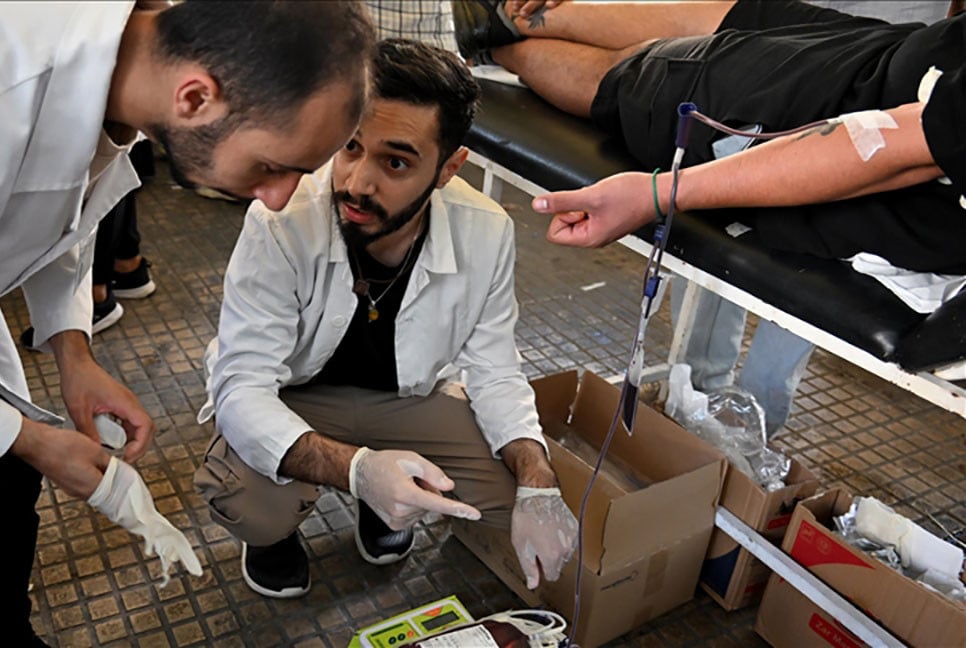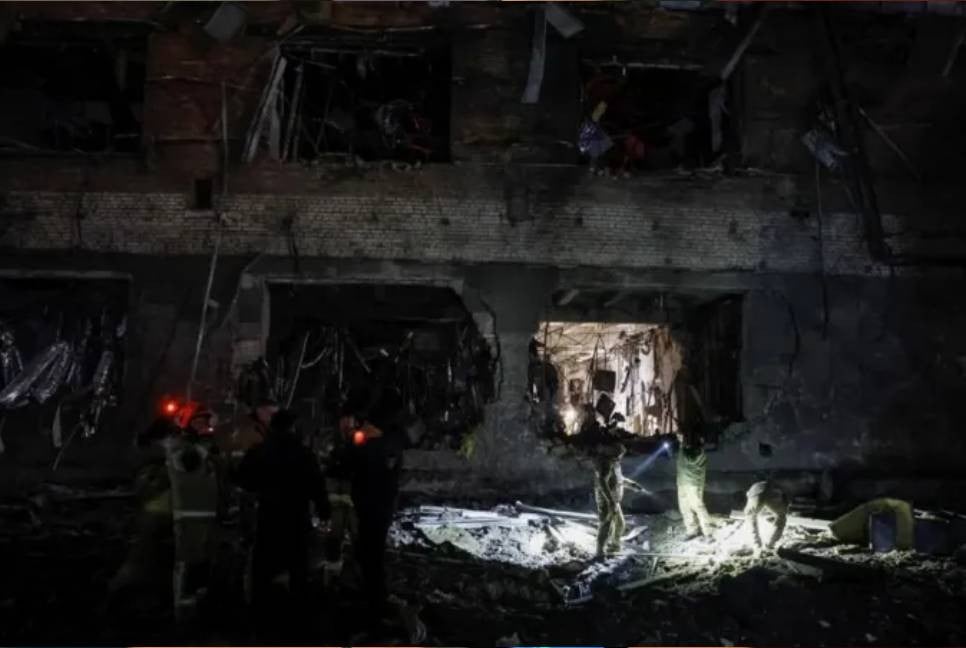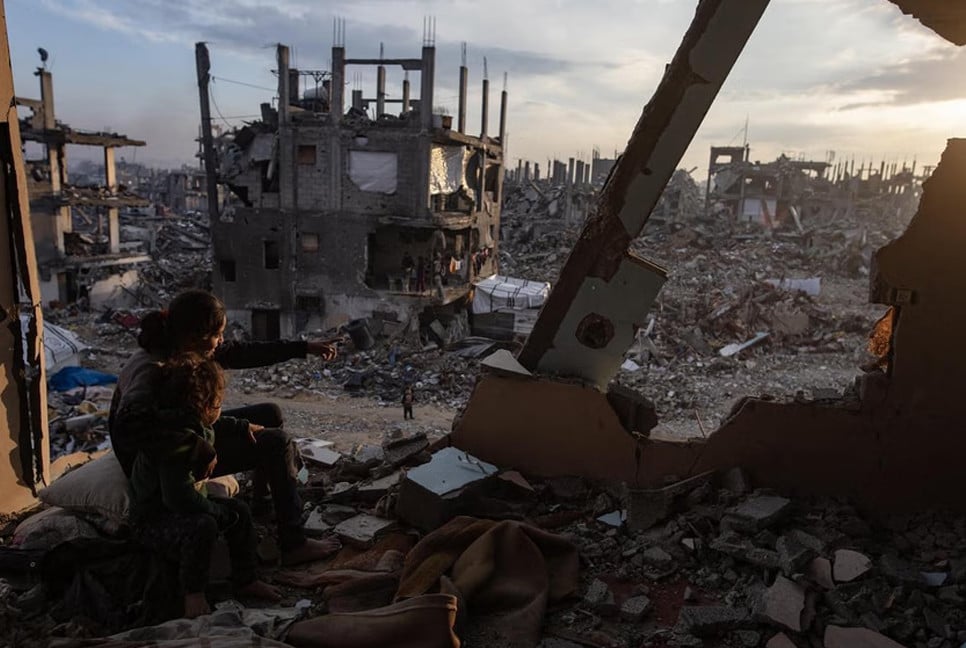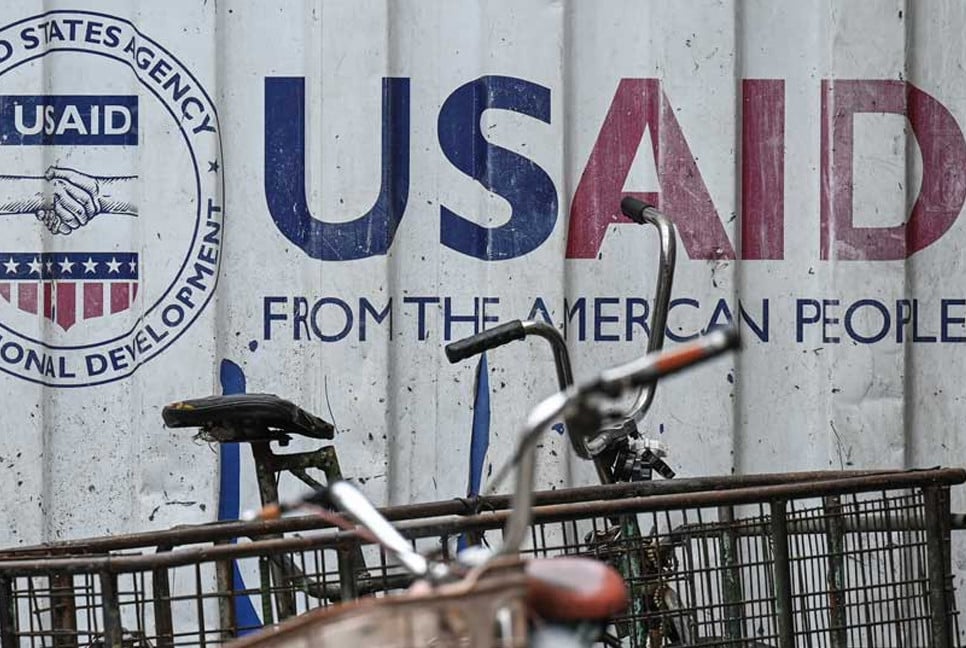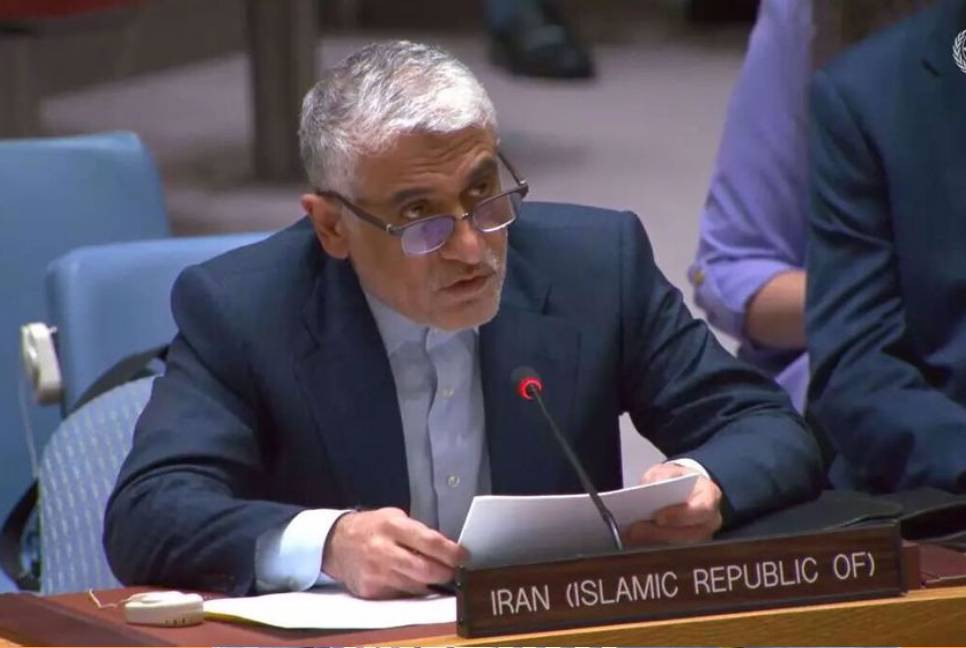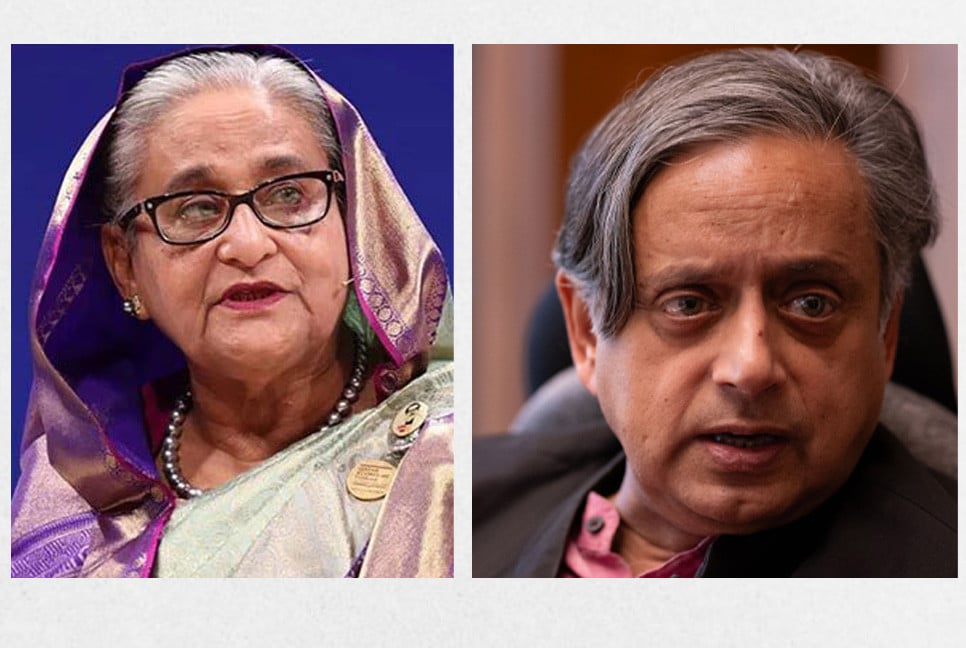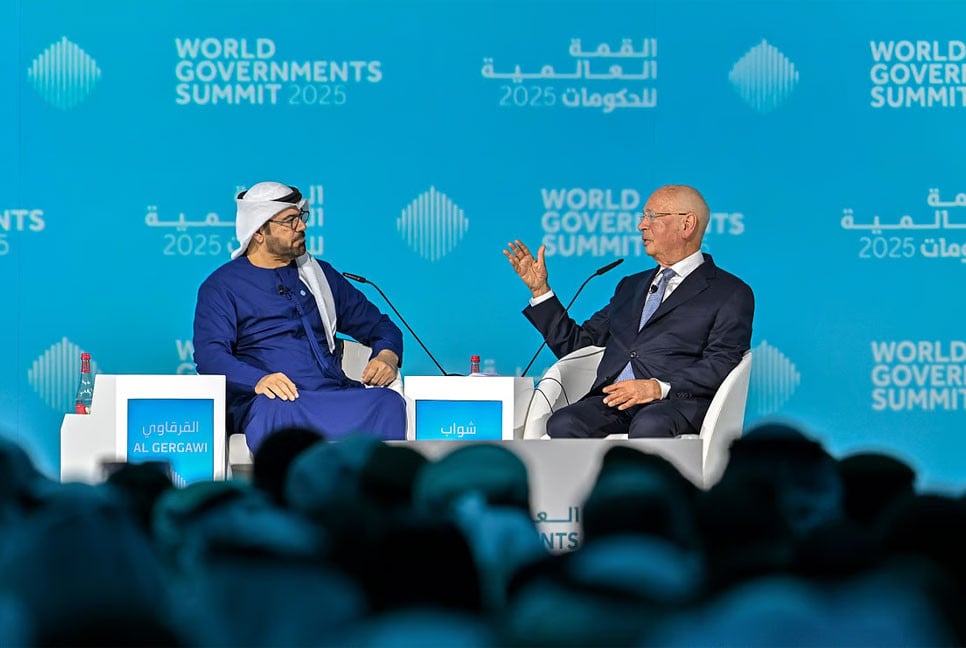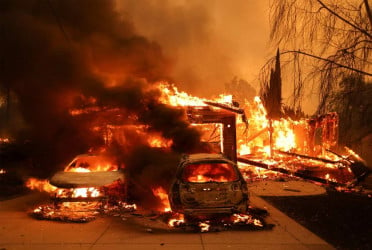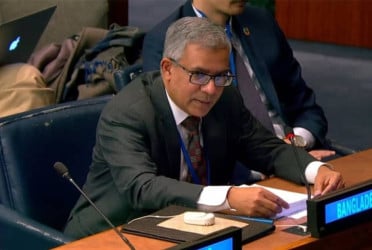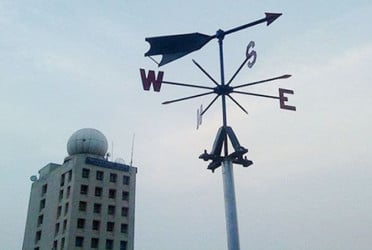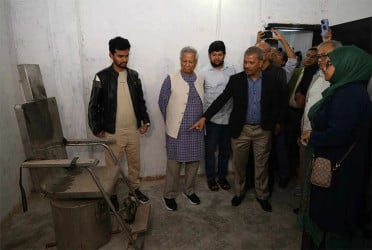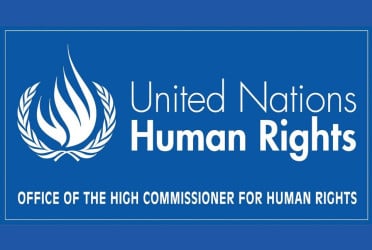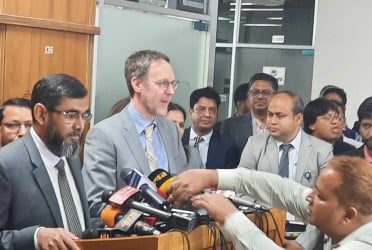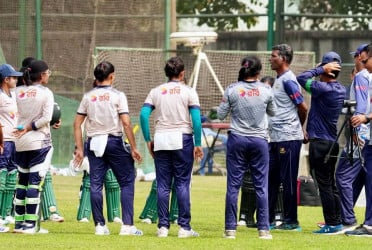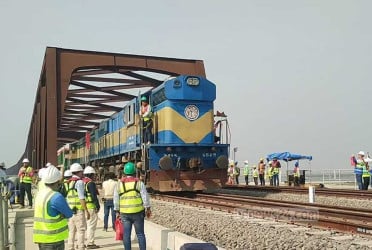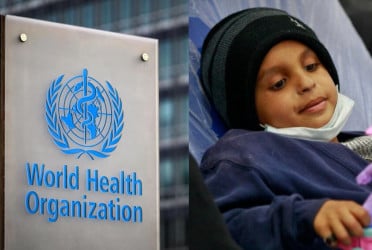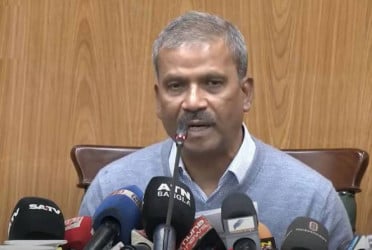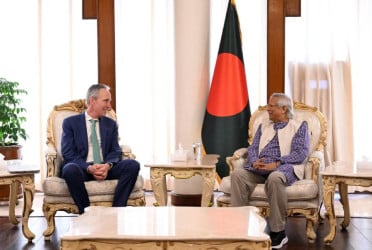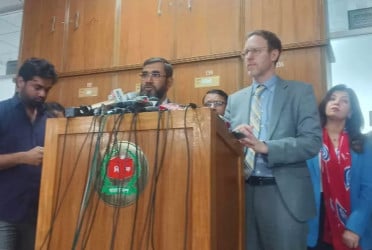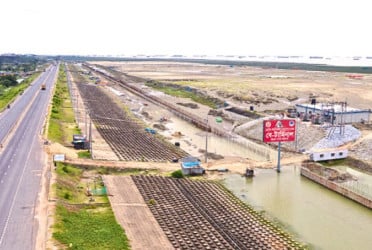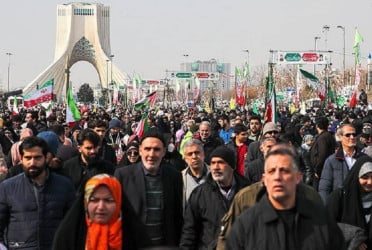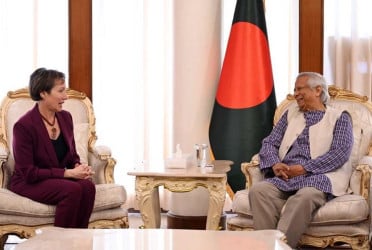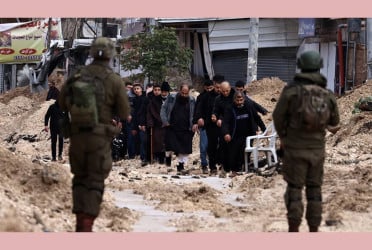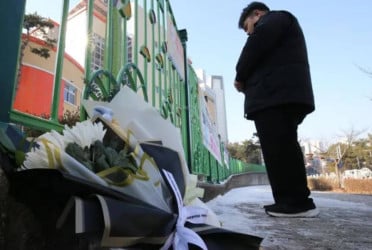As Lebanon begins to recover from the recent conflict following the implementation of a ceasefire, the country’s already fragile health system remains severely strained by overwhelming medical needs. Although there is temporary relief, Lebanon's health infrastructure is further debilitated by a deepening economic crisis, political paralysis, and the ongoing refugee crisis, with the war exacerbating these challenges.
The World Health Organization (WHO) said on Friday (Beirut local time) that the conflict has resulted in over 4,000 deaths and 17,000 injuries, many involving complex trauma, including open wounds and fractures. With more than 16,000 buildings destroyed and millions displaced, the demand for specialized trauma care, reconstructive surgeries, and long-term rehabilitation is critical. Experts from the World Health Organization (WHO) emphasize that many individuals with life-altering injuries will require prolonged medical treatment, including prosthetics and extensive rehabilitation.
“The scale of physical destruction is akin to the aftermath of an earthquake,” said Dr. Ahmad Alchaikh Hassan, WHO Trauma Technical Officer, highlighting that the initial medical interventions during the war were inadequate, leading to further complications for the injured. Although Lebanon's health facilities are slowly reopening, most are operating at reduced capacity, grappling with severe staff shortages and financial constraints.
In partnership with Lebanon’s Ministry of Public Health, WHO is working to restore medical supplies and rebuild health services across the country. Key needs include specialized care such as reconstructive surgery, physiotherapy, and mental health support for health workers. WHO has also delivered emergency medical supplies, including blood bags and reagents for blood banks, while preparing for potential disease outbreaks in the post-conflict environment.
“The road to recovery will be long,” stated Dr. Abdinasir Abubakar, WHO Representative to Lebanon. “Our mission is to help Lebanon’s health system become more resilient and prepared for future crises.”
As Lebanon continues to rebuild its health infrastructure, the urgent need for both technical and financial support is paramount to providing care for those most affected by the ongoing crisis.
Bd-pratidin English/ Jisan

